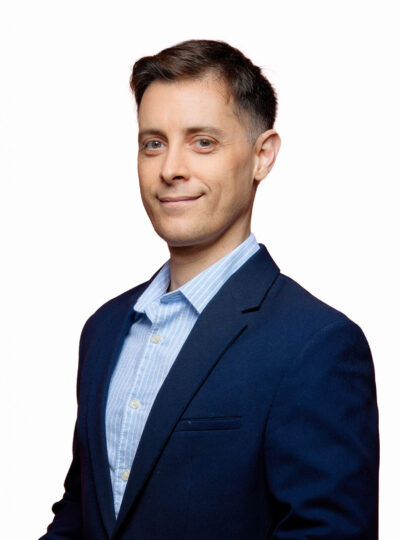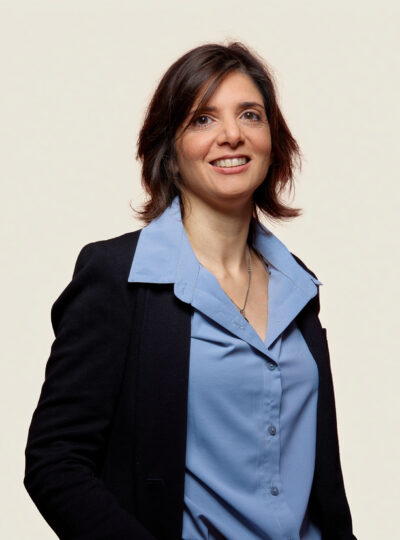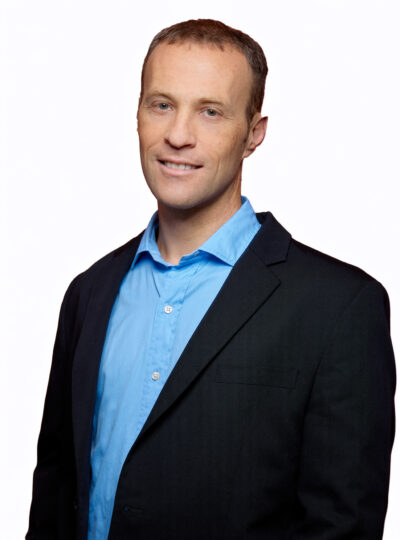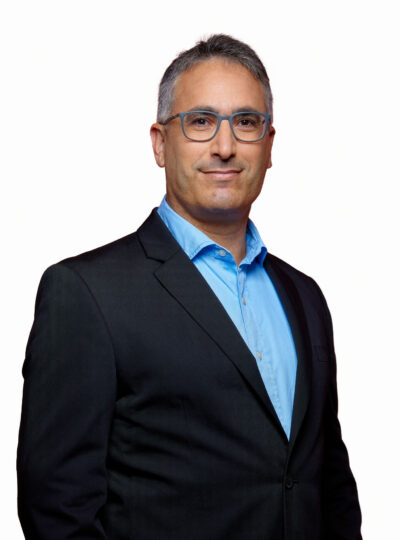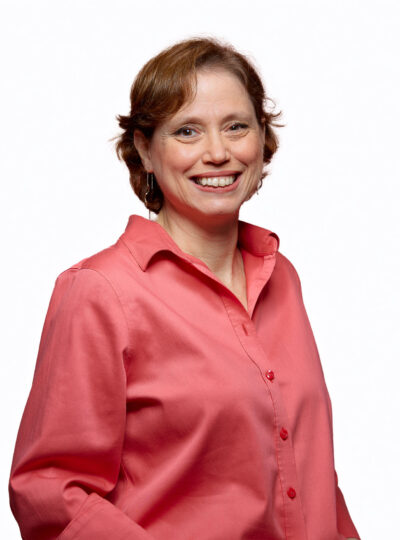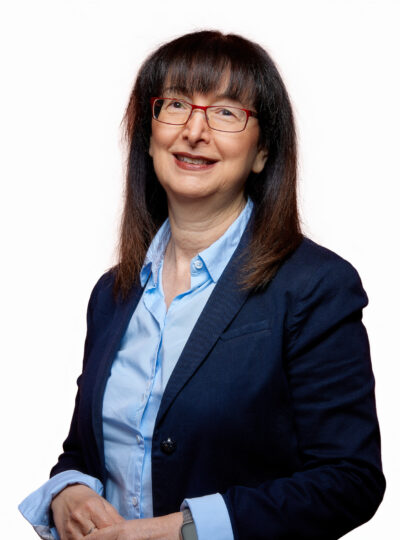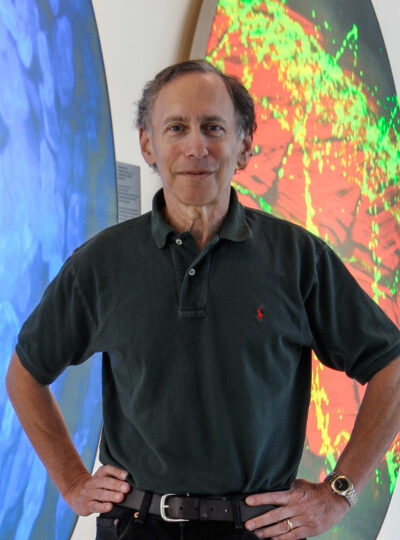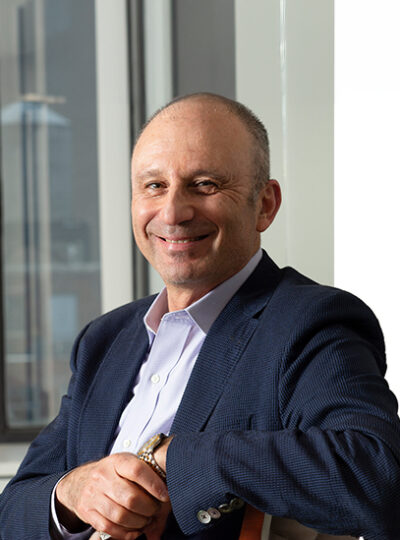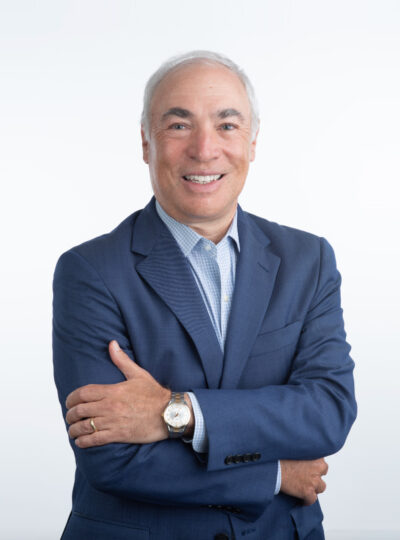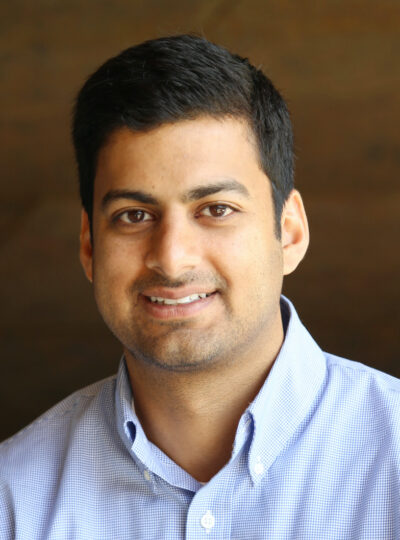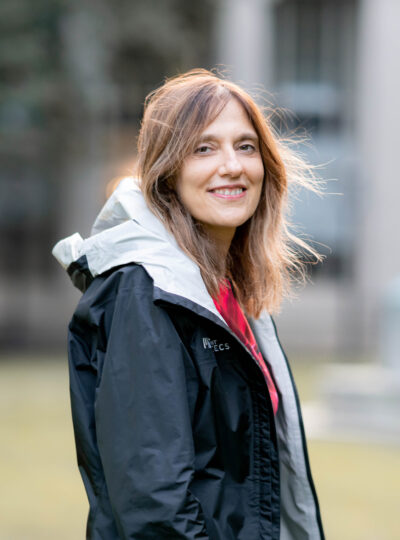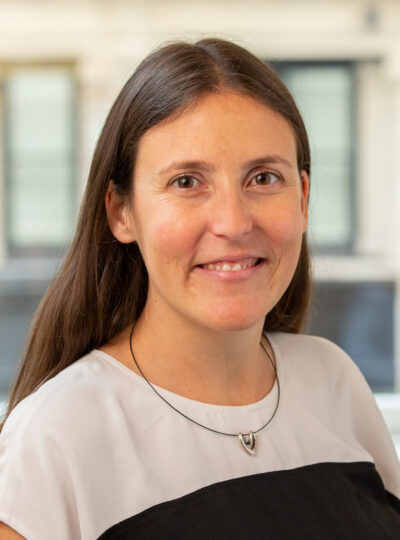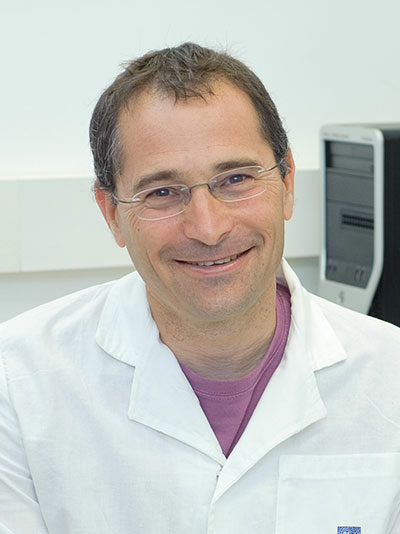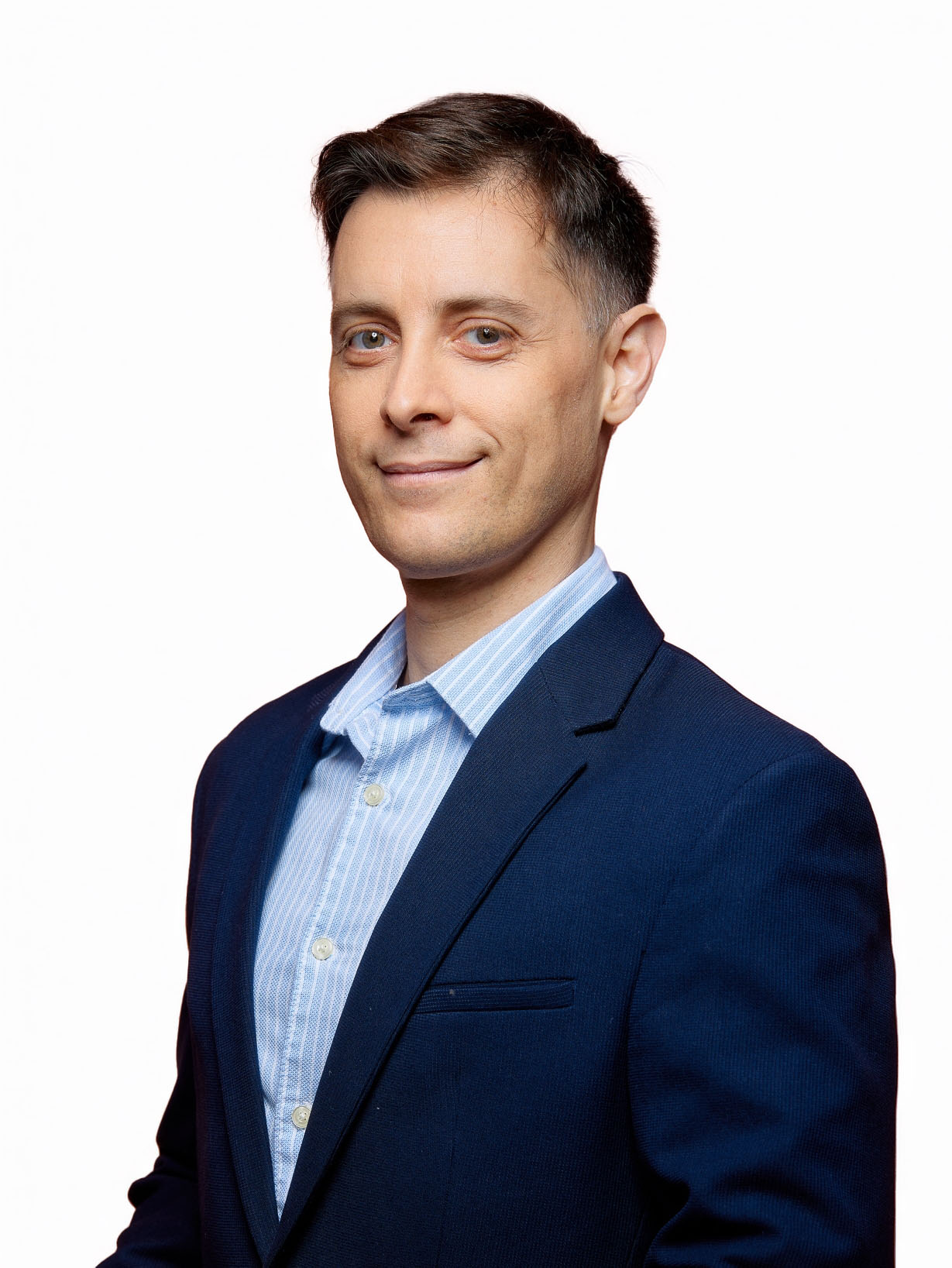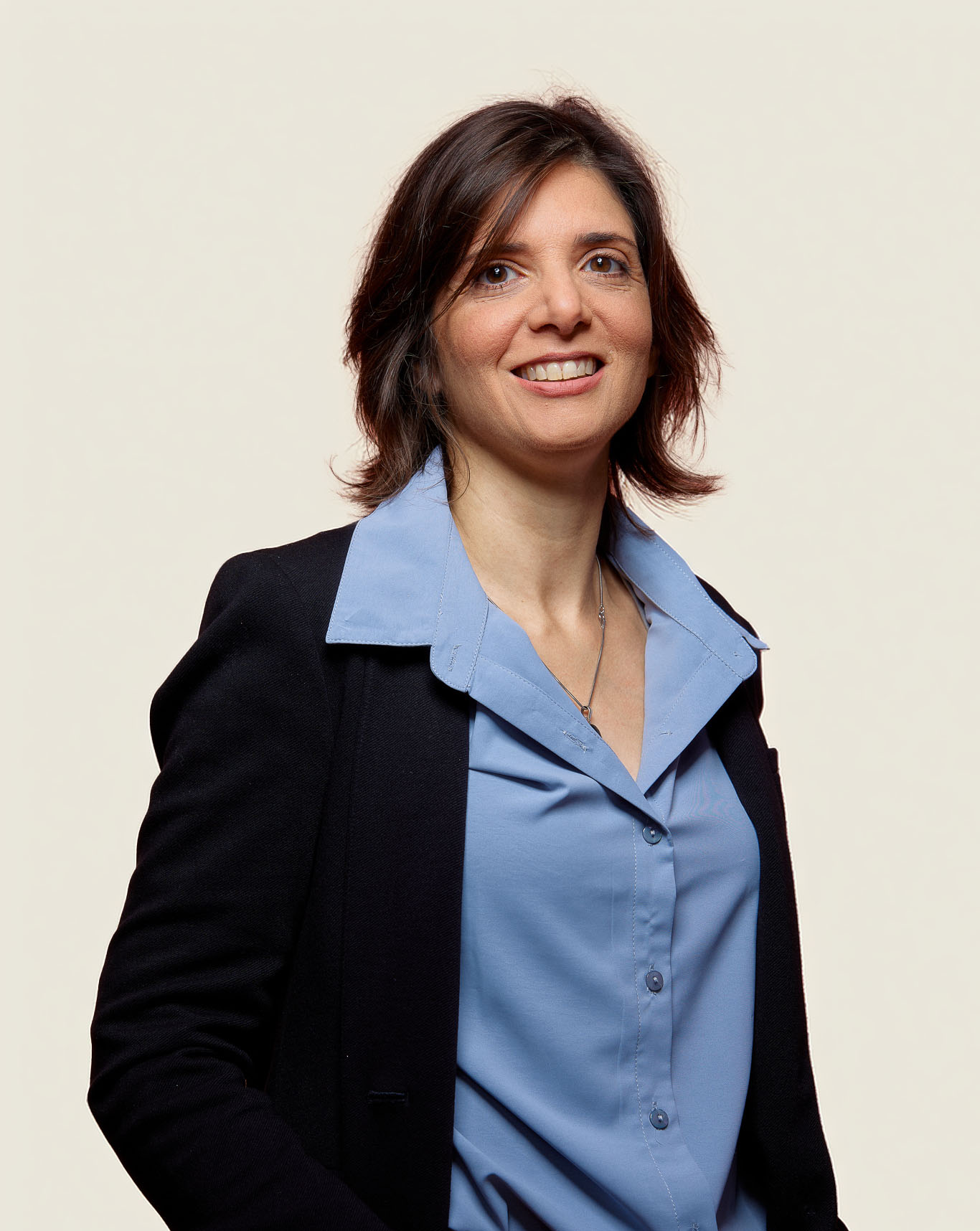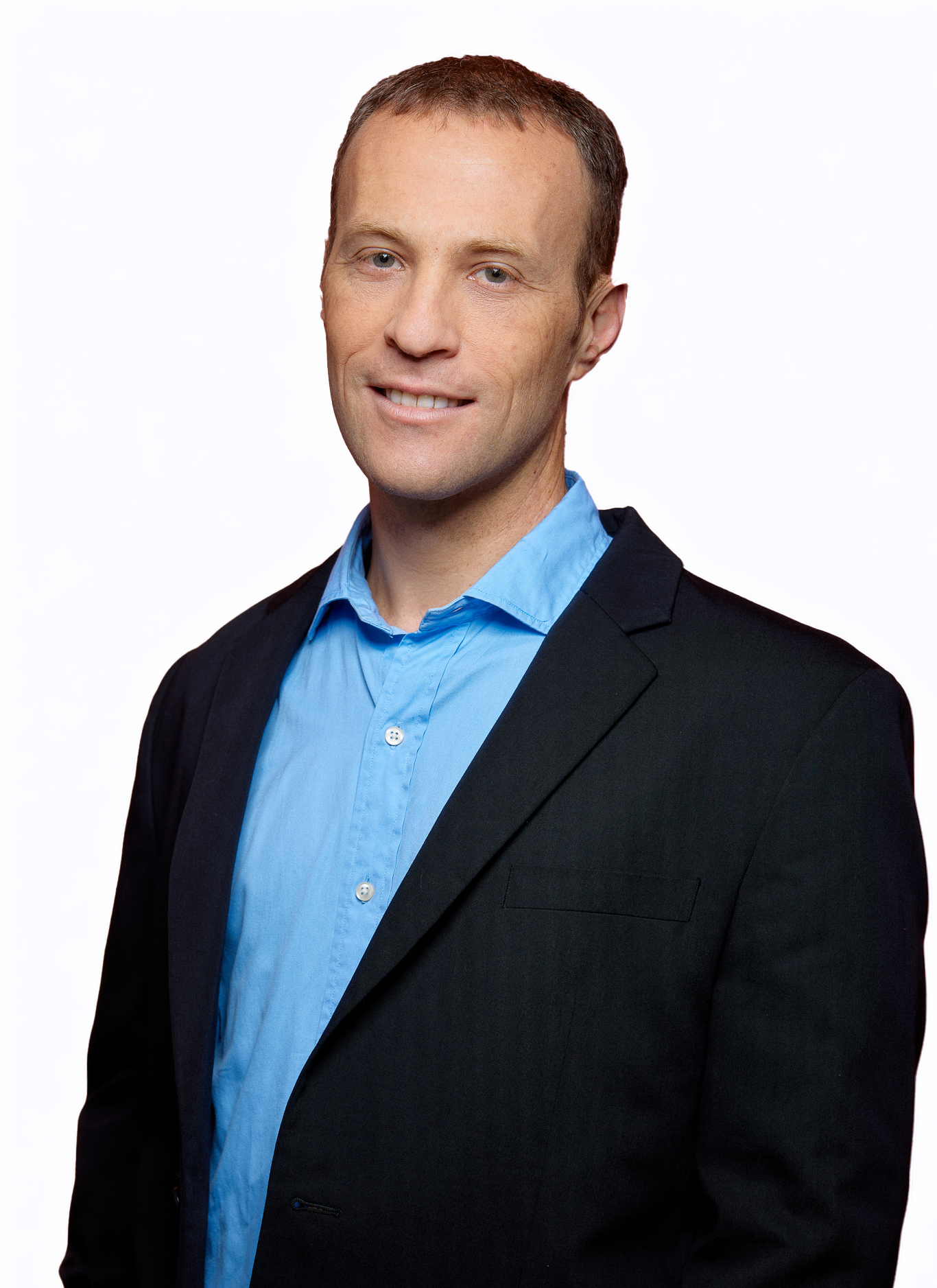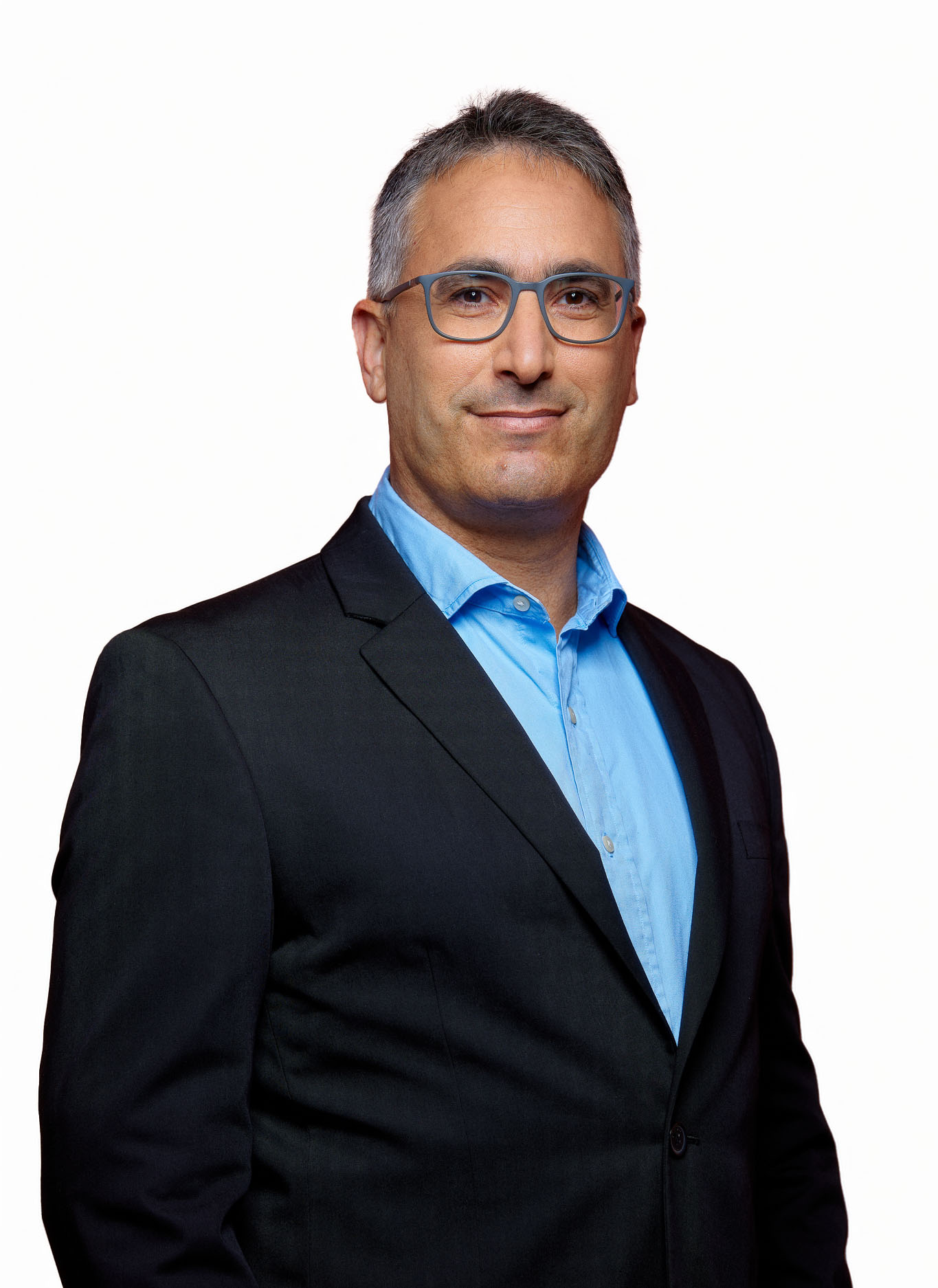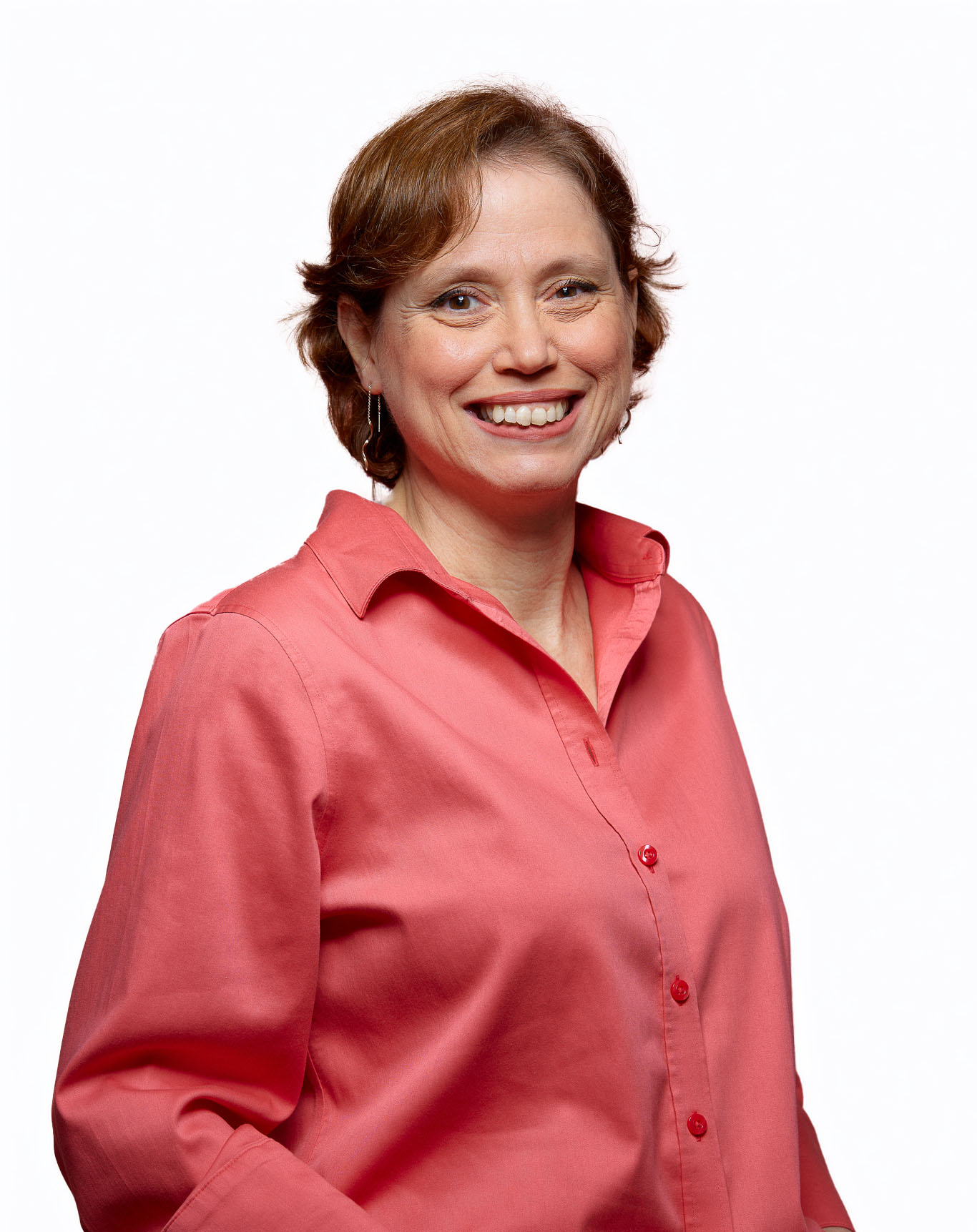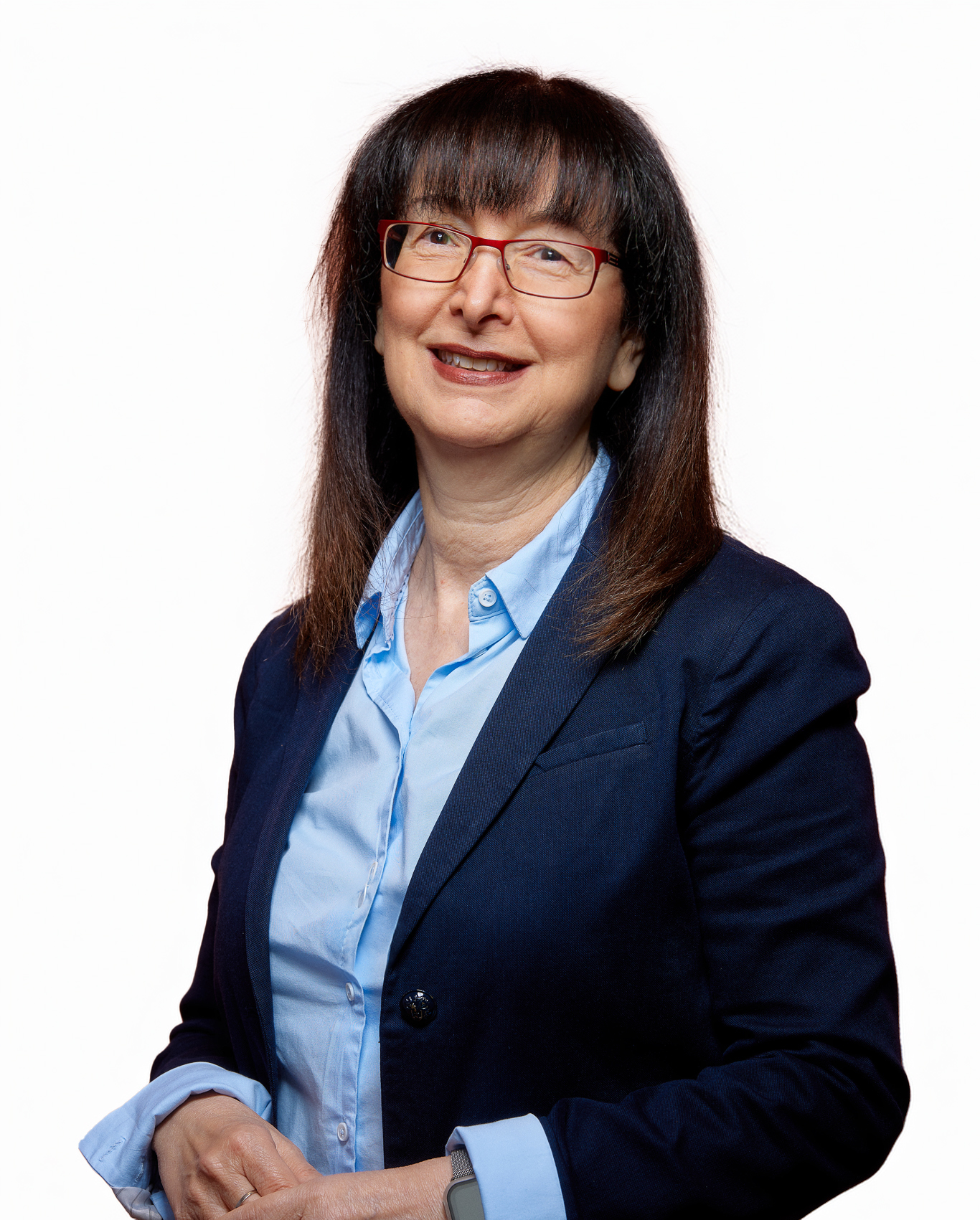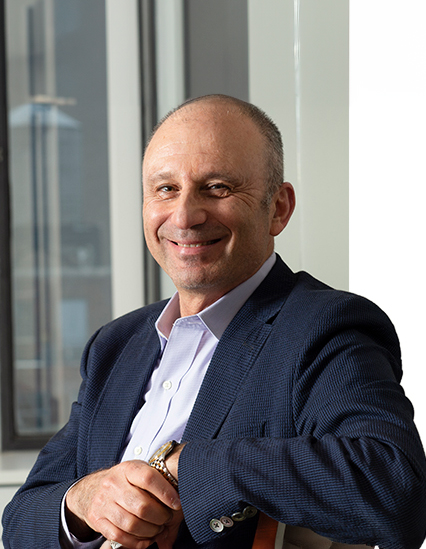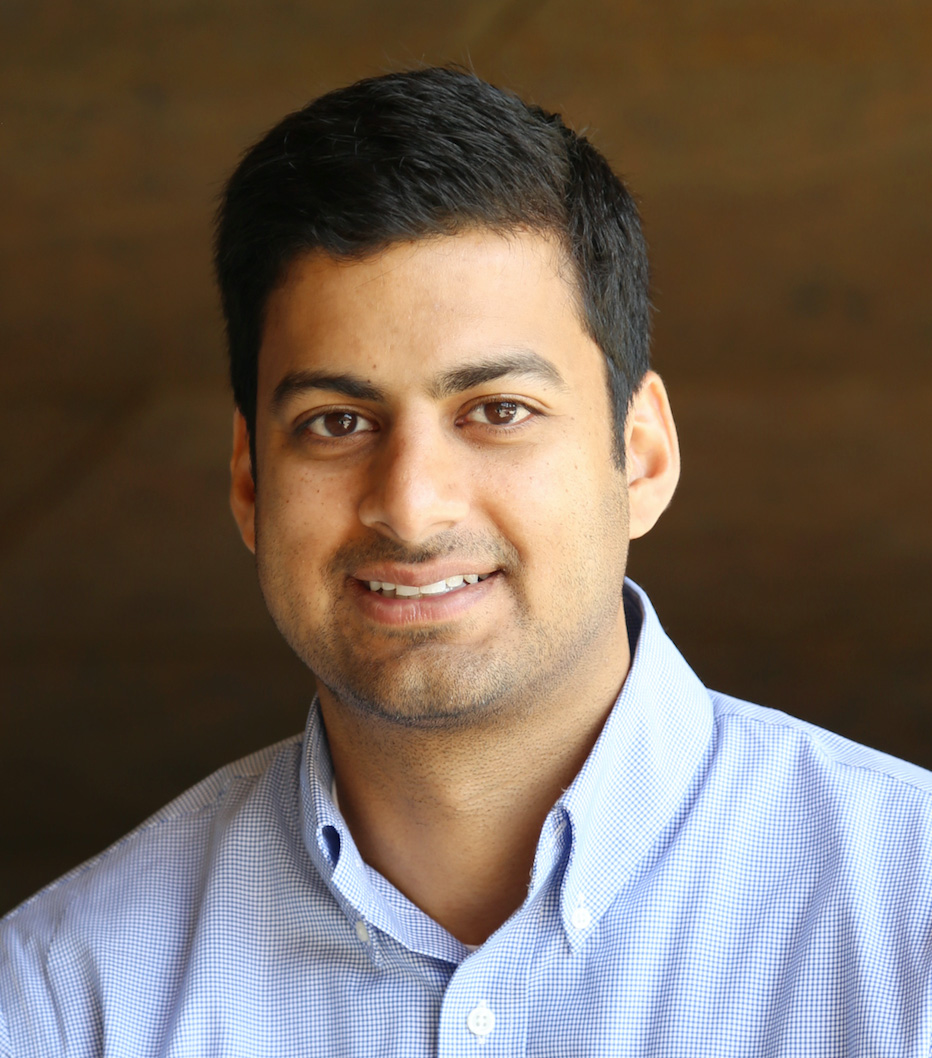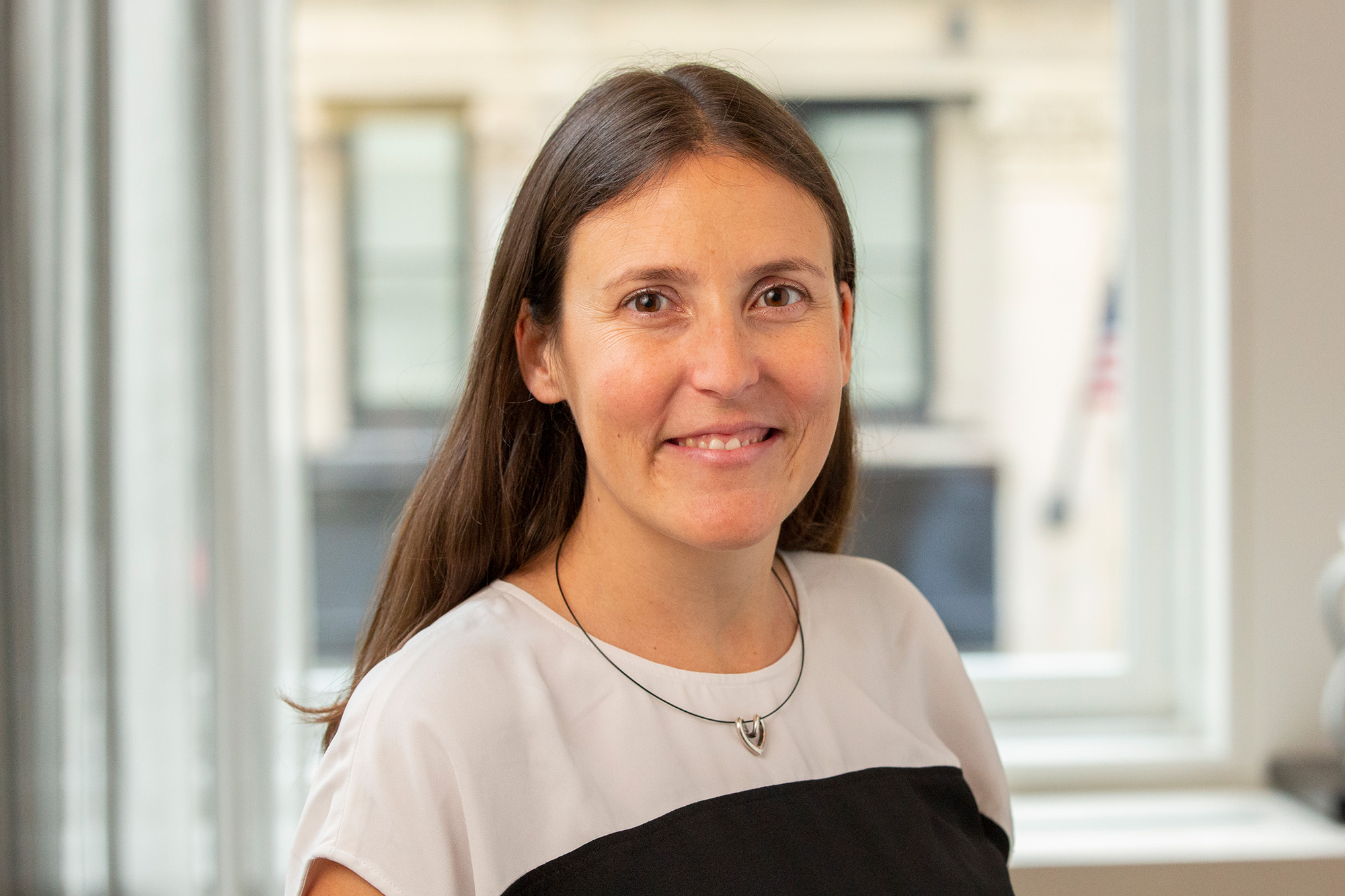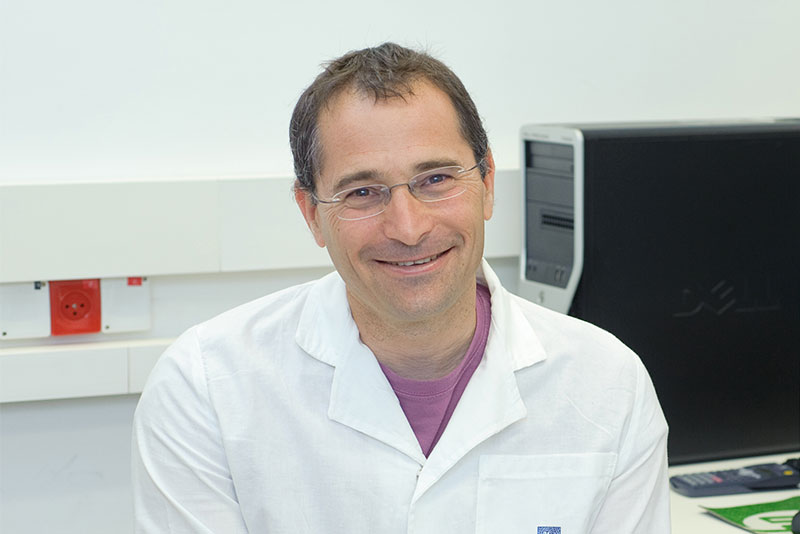Company
Company
We are on a mission to decode the immune system and improve health
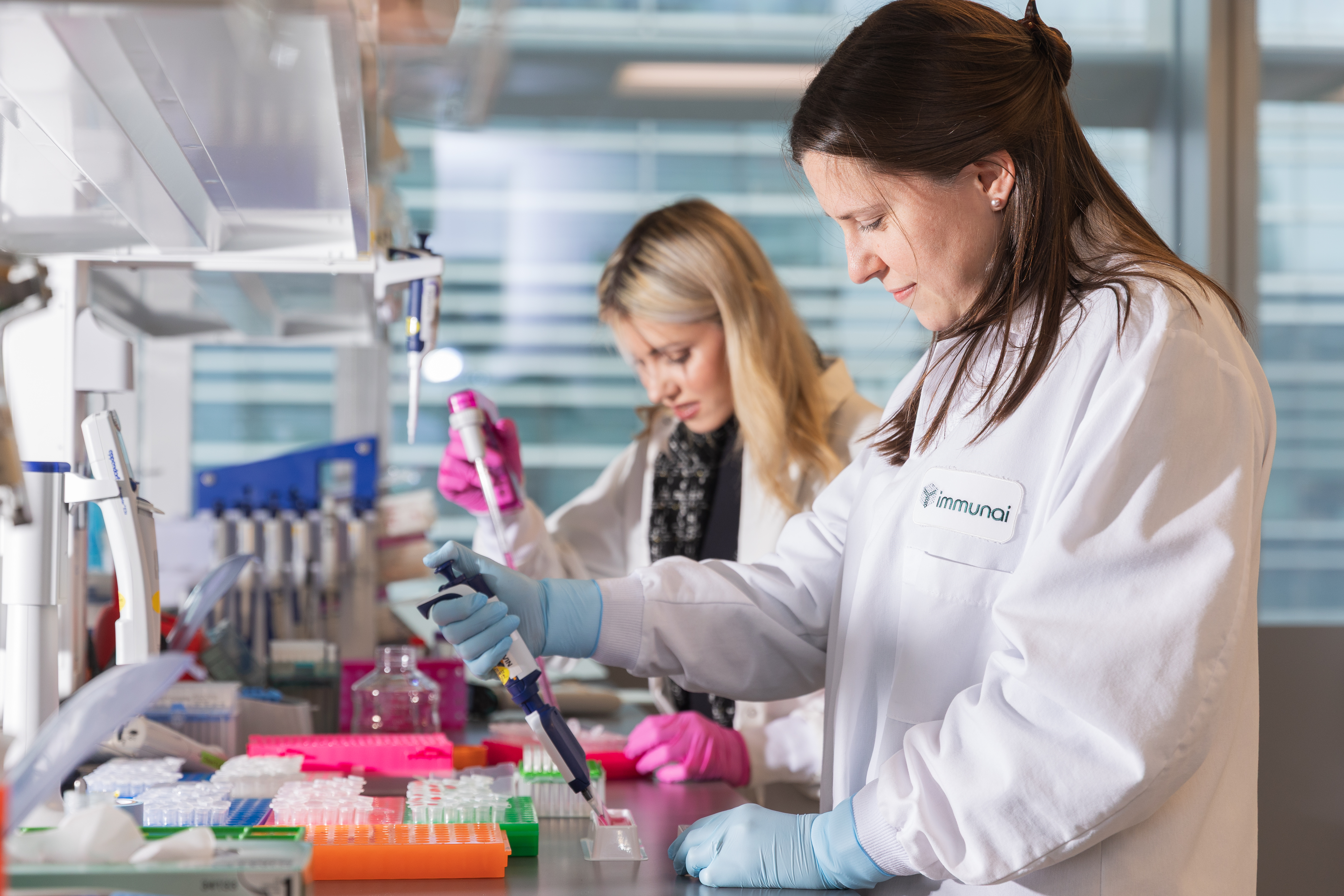
WHY US
We are a multidisciplinary team of immunologists, engineers, drug developers, computer scientists, and entrepreneurs focused on bringing breakthrough medicines to patients.

Founded in December 2018, Immunai is on a mission to revolutionize drug discovery and development.
Central to our efforts is AMICA, a powerful data foundation strengthened through two key acquisitions: In March 2021, we acquired Dropprint Genomics, a Y-combinator-backed single-cell genomics software company that expanded our immune cell database. In July 2021, we acquired Nebion, a world leader in biocuration and data integration, whose expertly curated datasets have accelerated AMICA’s growth and broadened its application to inflammatory and oncological research.
With a global presence spanning New York City, Tel Aviv, Prague, and Zurich, our multidisciplinary team is dedicated to advancing innovation in drug discovery and development, bringing breakthrough therapies to patients worldwide.
By the Numbers:
Funding
Leading investors including KDT and Alexandria Venture Investments
Team members
Built from the ground up to balance scientific and tech resources. Includes 80+ PhDs.
Locations
HQ in NYC with offices in Tel Aviv, Prague and Zurich
Partnerships
With leading academic centers and biopharmaceutical companies
